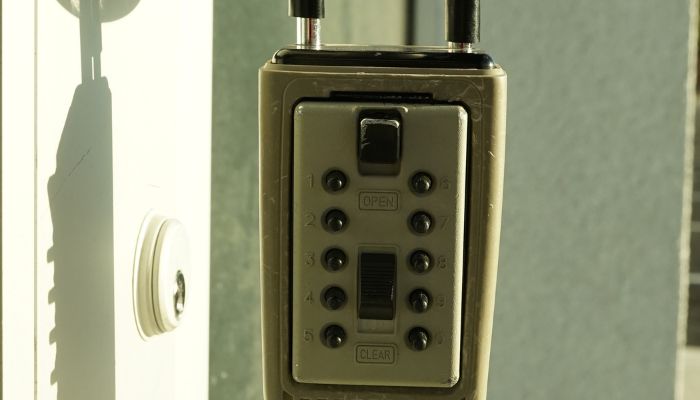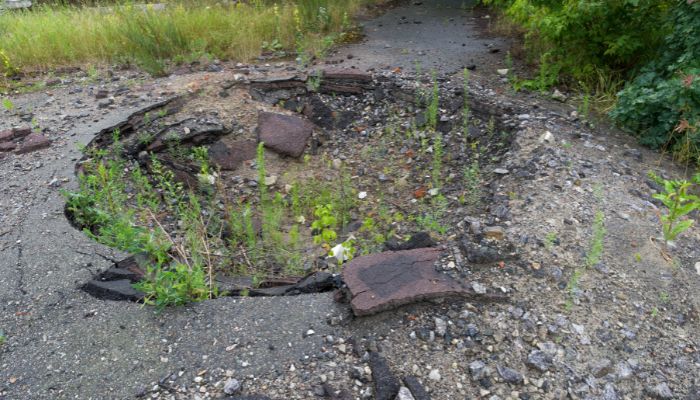It’s increasingly common to find travellers camping on your land, especially if it’s vast, by the roadside, and unused. Some of these individuals don’t even seek your authorisation – they just set up camp!
Private landowners have legal rights to ask trespassers on their land to leave. However, most people are unfamiliar with the rules regarding removing them when the local authority owns the property.
So, can you remove travellers from council land?
Evicting travellers from public land is possible. As a local authority member, you have several routes to consider – your best choice depends on if you wish to involve the courts, the number of travellers camping on the property and how soon you want the visitors to depart.
This guide delves into how you can remove travellers from council land and more vital details you should know about the process.
Top Ways to Remove Travellers from Council Land
When planning to evict travellers from council land, the first thing to do is weigh your options to identify the convenient one for you. The most common ways are as follows.
Using Common Law
This is the easiest route to force travellers out of council land. It perfectly suits you if you’re not a big fan of courts and want the unauthorised guests to leave as soon as possible.
Typically, here’s what you must do to guarantee the success of this process:
- Prove the council owns the site.
- Visit the land to conduct an initial welfare assessment.
- Contact the relevant partner organisations, and send them a copy of the welfare assessment to let them know if you might need their services if the eviction succeeds. For instance, you can reach out to housing associations that provide homes for travellers.
- Find a map of the land to indicate the travellers’ entry points
- Identify the time and date when the travellers pitched their tents on council land
- Confirm the size of the group, and the number of caravans on site
While leveraging Common law is the most straightforward and fastest way to get rid of traveller camps on council land, it has some drawbacks.
For example, unauthorised occupants can return to the site whenever they want without facing any legal consequences. Therefore, you might find yourself getting a Common law notice after every few weeks, which can be pretty discouraging.
Will The Police Be Involved In The Eviction?
In most cases, the police will not support you in evicting travellers camping on council land through Common law. But the enforcement agency might request some officers to come if the individuals use abusive language or threaten to harm you.
In addition, the police might be involved in the eviction of travellers via Common law if they have already damaged property on the land.
Writ of Possession
Use a Writ of Possession to evict travellers from council land if you anticipate some physical resistance or violence. In most cases, this traveller removal strategy comes in handy when the number of occupants is large. And they are yet to make an effort to create a rapport with community members or interact with them.
According to the Courts Act (2003), the police are obligated to help you drive away traveller camps on council land. Besides, Section 10 of the Criminal Law Act (1977) stipulates that preventing an enforcement agent from implementing the High Court’s writ of possession is a crime.
The involvement of the police largely contributes to the Writ of Possession’s effectiveness, contrary to other routes, such as the Common law. However, unlike the latter, it takes a long time for the court order to be executed, and it’s more expensive.
Criminal Justice and Public Order Act 1994
Here’s another action you can use to remove authorised visitors from council land, but you can only use it if you’re responsible for the local authority.
Like the Writ of Possession, the court is involved in this process. So, if the travellers refuse to leave, you can always seek the help of the law to force them out.
Should they return to the land within three months of the eviction, they’ll be committing an offence punishable by the law.
Final Take: Can You Remove Travellers from Council Land?
As you’ve seen above, you can remove travellers from council land, with or without involving the police. The length of the eviction process comes down to the route you choose.
For instance, a Common law notice can be implemented within 24-72 hours. However, processes involving the police and the court require more time to be completed, given that you must take several steps to start the procedures and attend the court hearings.
Also, remember the need to take the necessary measures when removing travellers from council land. If the unauthorised campers have animals, figure out a way to evict them safely as well. Should you notice that kids are a part of the group, contact social services to discuss how their needs will be met following their departure.
Assistance from Able Investigations
If you’re dealing with travellers occupying council land, our Certified Enforcement officers may be able to help. Able’s nationwide, fully trained enforcement teams have helped in dozens of similar situations and understand the complexities involved. In most cases, we can clear land within one day.

Frequently Asked Questions
Can the court deny you the right to evict travellers on council-owned land?
The court may refuse to permit you to remove travellers from council land if you fail to provide adequate solutions to the health and accommodation problems they’re likely to face following their eviction.
If there’s a specific reason why the individuals must camp on the property, the court will not allow you to evict them.
What should you do if travellers fail to leave council land?
When travellers fail to vacate council-owned property despite receiving a Common law notice, try using a legal route instead.
If you utilise a legal route to evict travellers from council land and they still decline, involve the authorities. Their refusal to leave is a criminal offence with serious legal repercussions.
Can you remove travellers from council land instantly?
Unfortunately, you can’t just walk up to the unsanctioned occupants of council land and ask them to leave immediately. You must do several things before the eviction, such as assessing their welfare and establishing property ownership.





Comments are closed.